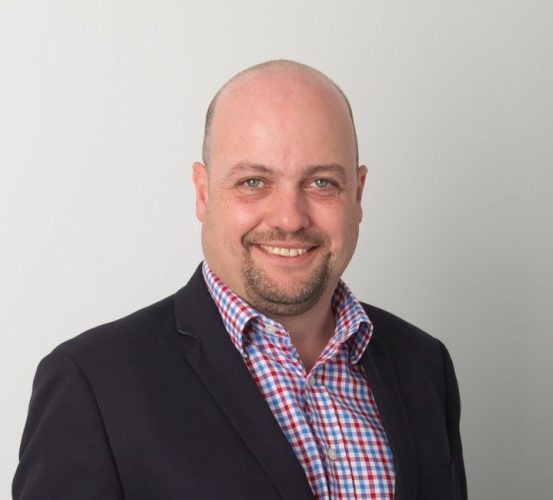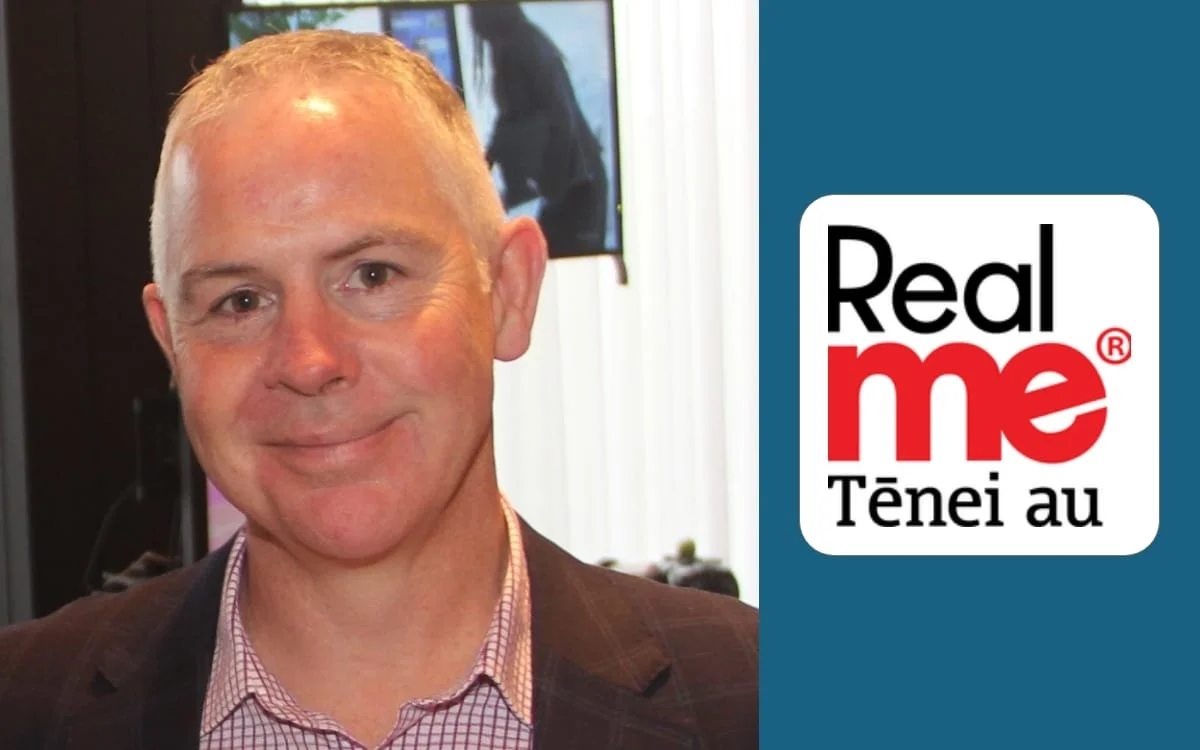Tell us a bit about your background, describe your current role, and your responsibilities.
I have a bit of a short attention span which has lead to a career in varied industries. Initially, I started out in the IT industry as an engineer and architect and eventually CIO. I shifted into regulatory compliance at the NZ Inland Revenue Department where I implemented an intelligence led philosophy in the compliance function. After some time working in a global role with Oracle Corporation, I joined the NZ Financial Markets Authority to establish its strategic intelligence function.
Since leaving FMA, I founded tic company, whose board I continue to chair.
What is your opinion of the current AML/CFT regime within New Zealand? And, how does this compare internationally?
We’ve had our AML/CFT regime in place since 2013. We phased the rollout, and we put multiple agencies in place to tackle different market segments.
This has lead to regulatory gaps, delayed guidance (as multiple regulators have to agree everything), and from a customer perspective, different experiences depending on what type of entity you are dealing with which causes frustration and reduces confidence in the regime. I think it would be wise to transition to a single AML/CFT supervisor for New Zealand, establishing a single point of truth and approach to allow the focus necessary to tackle international financial crime.
What made you interested in AML/CFT and financial crime?
I’m all about the regulatory craft, with my core interest being – how do we get effective outcomes that minimise harm in our global community without undue burden to the entities tasked with enacting the regime.
What is the most important thing you have learned when it comes to AML/CFT?
You’ve got to get buy in from your team, from your front line staff right through to your senior managers in order to run an effective, compliant programme in your business.
What would you consider to be a key thing people forget or do not understand when it comes to AML/CFT?
The consequences of inadvertently facilitating ML or TF would be reputationally devastating, probably an existential threat to a firm whose clients are very likely to go elsewhere.
When confronted with the drudgery of yet another thing to comply with and evermore boxes to tick before getting to business, people quite naturally forget why we are doing this.
Predicate offences and the flow on harms inflict on communities for example the trafficking drugs, I think most of us can agree are worth the effort to assist in reducing.
How do you tend to keep up to date with all things AML/CFT?
Oh, I am on the mailing list for about every industry related update, newsletter or blog.
What is one of the most rewarding parts of working within your sector and supporting the AML/CFT regime within New Zealand?
One of the most rewarding parts of creating an AML Outsource provider is offering reporting entities a cost effective, compliant solution that allows them to do the right thing from an AML perspective, while freeing up time to get back to their core focus.

Adam's top tips
Get the basics right: IDV, reporting, record keeping, red flags, know your customer.
Don’t forget that you’re part of a chain: someone else will also be conducting DD and they may be better or worse than you. Form your own opinion.
Reflect: write down why you made the risk decision. What pressure did you feel from other staff or reporting entities?




